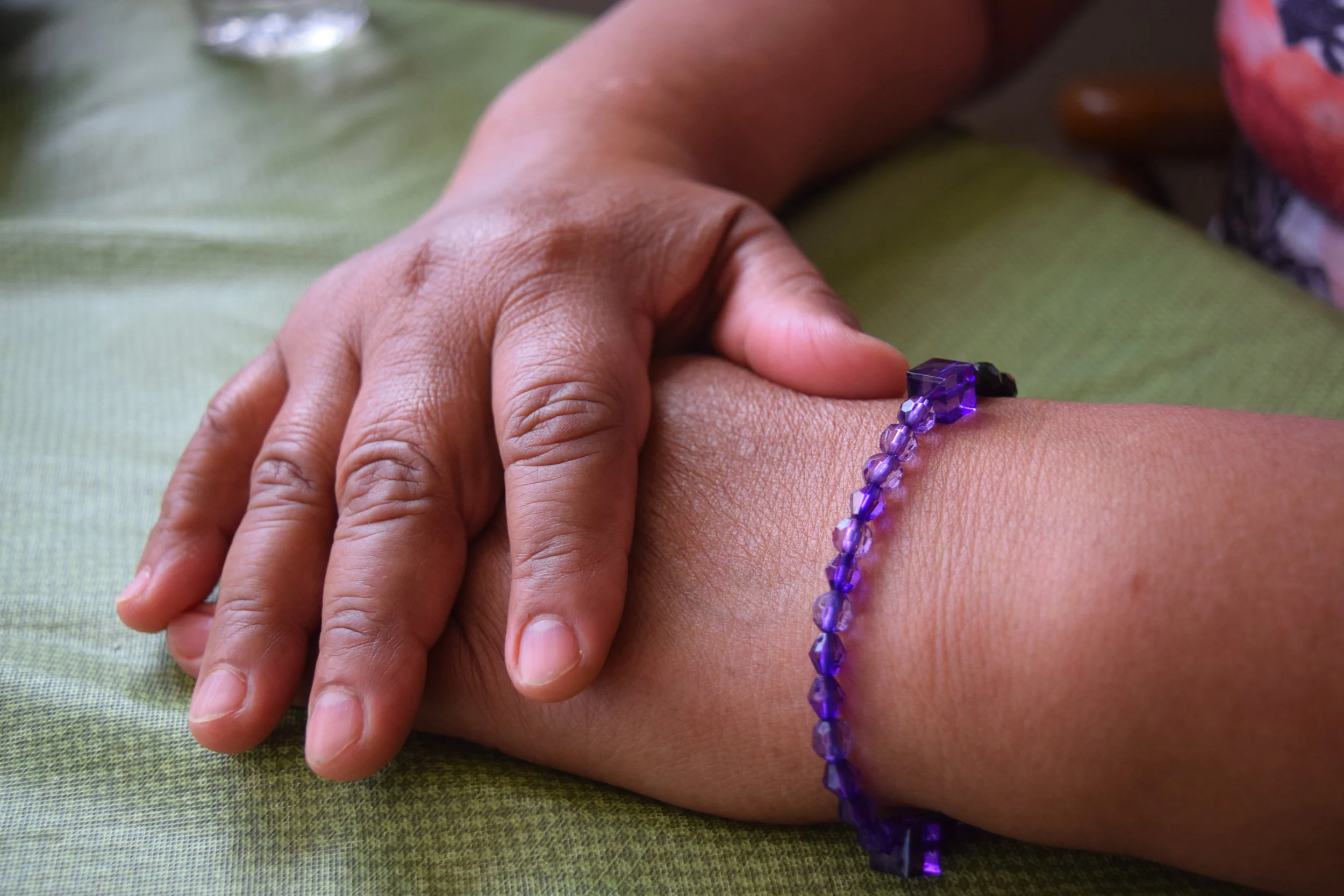Seeking Asylum
Who is Margarita?
After the death of her son and fleeing violence in Guatemala, Margarita crossed the Sonoran desert in search of a place where her and her family can live in peace. Coming from the department of Quetzaltenango, Margarita is now seeking asylum in Tucson, Arizona. She chose to remain anonymous out of fear for her children who remain in Guatemala and still receive death threats from those who killed her son.
Margarita’s story is similar to thousands of migrants who cross the border in search of not just a better life but also a safe home. According to U.S Customs and Border Protection, in March 2017, 16,600 people were apprehended or deemed inadmissible at the border with Mexico. Guatemala is a part of the northern triangle, a trio of countries including Honduras and El Salvador, the most violent in Central America. Similar to other countries in the triangle, Guatemala has a heavy cartel and gang presence. Mexican cartels and gangs such as MS-13 and M-18 traffic drugs to the U.S. through the country, violently control territories, recruit children and influence local government and police. Along with corruption and a lack of resources to help the community, most crimes go unsolved. People of authority are immune to any kind of consequence, providing a cycle of impunity, fear and violence. There is a history to this violence in the northern triangle, some of it U.S. influenced. [For more information on: northern triangle violence, why people flee and the origins of MS-13.]
Why Not Just Be Refugees?
Once a migrant leaves their country, the struggle continues. They face violence, drugs, gangs, extortion and rape as they cross through Mexico and eventually the desert, entering through various points in Texas, Arizona or California depending on who the Coyote works for and what cartel owns that route taken into the U.S. If a migrant survives the desert, whether the person is caught by border patrol or chooses to turn themselves in and ask for asylum, they are separated from family members and held in a detention center. Migrants often have to stay in these detention centers for the entire duration of their case, which can take months or years, making it difficult to gather evidence. Margarita spent time in Eloy detention center in Arizona and now has a public defender through Keep Tucson Together who is helping her gather evidence for her case.

